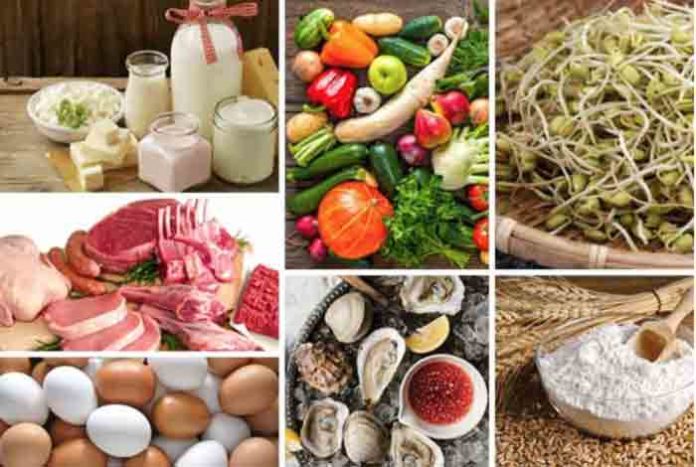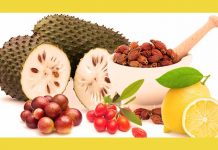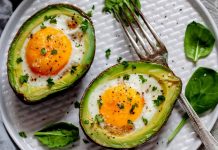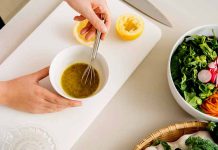
Are you a complete foodie; who loves to explore all kinds of cuisines? Well, there is nothing wrong in doing so, unless you are doing it smartly! It is not uncommon to get sick after having a pleasurable, scrumptious meal. However, the fact is that no one wants to fall sick and so, this may prompt many of us to resort to healthy food choices. But, do you know that some of the so-called healthy foods can trouble your stomach too?! Well, the Centers for Disease Control and Prevention (CDC) has come up with a list of food items, which can make you sick. While many say that home-cooked food carries no health hazards, you may be startled to know that the food list by CDC [1] also includes food that are frequently prepared in your very own kitchen.
So, here are the foods that you must strike off from your “must have list” to stay away from food-borne illnesses.
1. Undercooked Meat and Poultry
The mouth-watering taste of meat and poultries is unbeatable. But, have you been cooking them properly? As per CDC, nearly all raw and undercooked poultries contain Campylobacter, a bacteria which has been reported as the leading culprit of an upset stomach. This horrendous bacteria is the most common cause of “diarrheal sickness” in the U.S. Also, raw meat contains several other illness-causing bacteria like E. coli, Salmonella, C. perfringens (most common cause of short-term food poisoning) and Yersinia (commonly found in raw pork).
2. Improperly Washed Fruits and Veggies
The role of micronutrients, such as vitamins and minerals cannot be overlooked when you are aiming for a healthy life. And, fruits and vegetables are the most common source of these micronutrients. However, CDC warns against their raw variants. Saturated with bacteria like E. coli, Listeria and Salmonella; raw fruits and vegetables may do more harm than good to your body. Being transported from the farm on to your table, does not make them absolutely divine. So, wash your fruits and vegetables as you don’t know what’s breeding on their surface. Also, cook your veggies nicely before consumption.
3. Raw Milk and Milk Products
Milk and other dairy products are a perfect blend of taste and nutrition. But, CDC suggests that raw milk, derived from unpasteurized milk, are loaded with many harmful bacteria, including Salmonella, Listeria and E. coli. Other products that contain these bacteria are yogurt, feta cheese, queso fresco cheese and ice creams. So, next time, read the label carefully while buying these products.
4. Eggs
Eggs can surely add a lot of versatility to the menu. However, recently the FDA recalled more than 200 million eggs as they were contaminated with Salmonella. This shows the obscure nature of this dreaded bacteria as it often goes undetected in food items. Even the un-cracked and apparently clean-looking eggs may be infected. Hence, CDC recommends the use of pasteurized eggs to minimize the chances of getting sick.
5. Seafood
This is definitely a tough call, isn’t it? Well, cook your fish thoroughly is the best possible suggestion. As per CDC, raw fish, especially raw shellfish, can be an offender of your stomach. Raw shellfish along with other seafoods like oysters contain bacteria and viruses that can make you seriously ill. Recently, a havoc was created in California, where more than 100 fell ill after having raw oysters infected with a virus called, norovirus. So, streamline your seafood choices well.
6. Sprouts
Just when every health expert is vouching for the benefits of sprouts, CDC suggests otherwise. E. coli, Listeria and Salmonella are the bacteria that seem to grow in sprouts. After all, both the sprouts and the bacteria need similar conditions to thrive, i.e., warm and humid environment!
7. Raw Flour
Fond of cookies? If yes, make sure they are baked properly. Under-baked cookies and other forms of raw flour could feed you with illness-causing bacteria. Cooking can kill these germs and make your food safe to eat.
Now that you know all the culprit food items, you can be a smart foodie. Following simple tips like cleaning your fruits and veggies, eating only well-cooked food and reading your food label carefully can help you keep many food-borne diseases at bay.
Devour your food, but judiciously!










